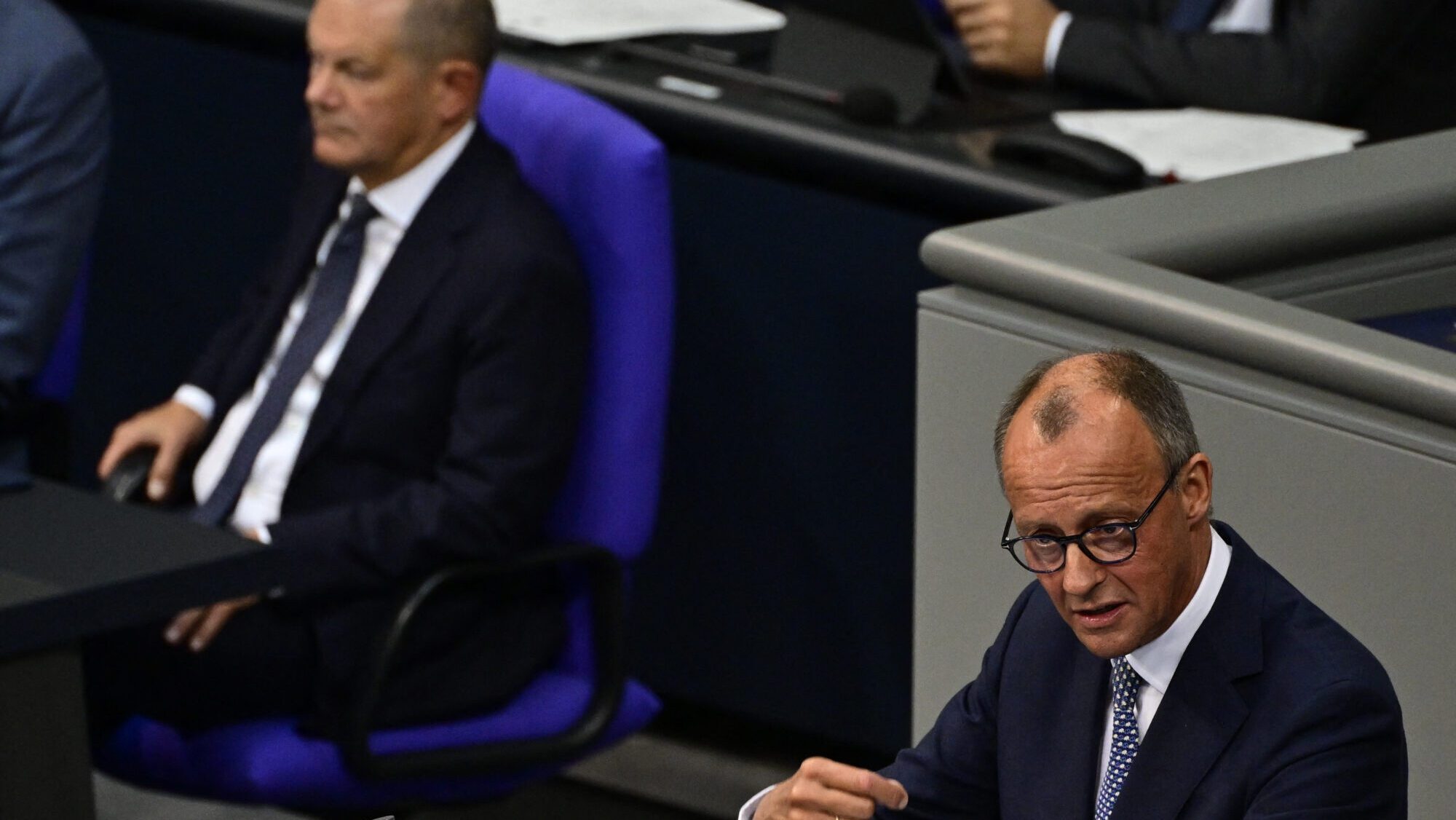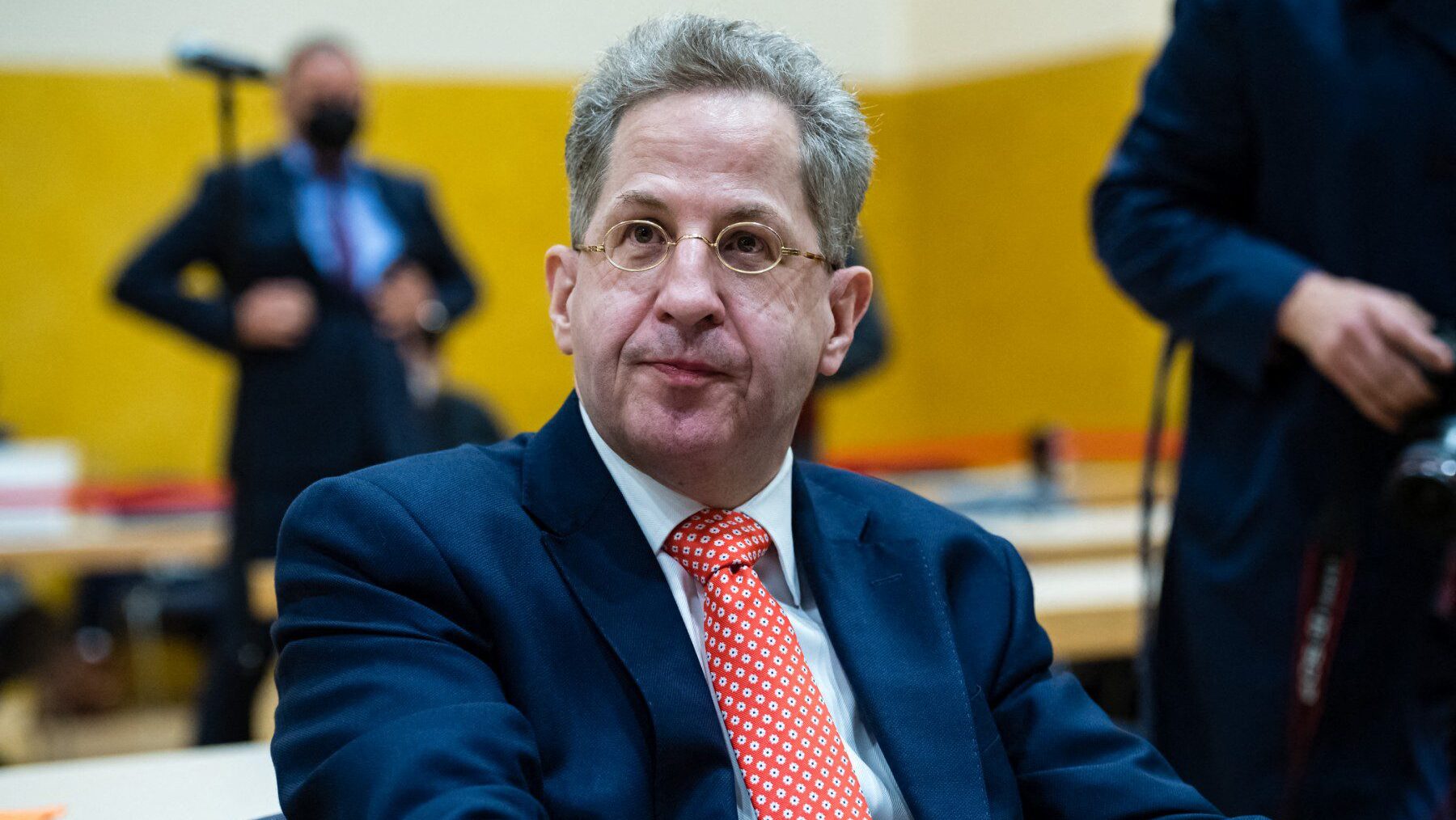
German CDU Turns to Radical Left Rather Than AfD
The centre-right party has started negotiations with Die Linke, but a coalition without the anti-immigration AfD will be hard to maintain.

The centre-right party has started negotiations with Die Linke, but a coalition without the anti-immigration AfD will be hard to maintain.

The government and centre-right CDU are trying to outbid each other in toughness, as the anti-immigration AfD looks likely to win another regional election.

Anti-globalist parties AfD and Bündnis Sahra Wagenknecht are set to profit from the failures of the mainstream parties.

CDU blames lack of external border controls for drastic measures—after being main champion of EU’s ineffective Migration Pact.

Dozens are being investigated after a migrant smuggling ring was busted— including establishment politicians accused of accepting bribes in the “six-digit range.”

The CDU thinks compulsory service is unavoidable in Germany, but EPP chief Manfred Weber would rather introduce it across the entire EU.

Nearly all the migrant-language posters in Leipzig were stolen or destroyed.

Two prominent members of Values Union, which sells itself as a true conservative alternative to the political establishment left after the party chairman called the Christian Democratic Union a “premium partner.”

“We must not tolerate” millions of Germans voting for the AfD, the CDU party leader said.

“The [German] government has already collapsed, but is hanging on to its fading power.”